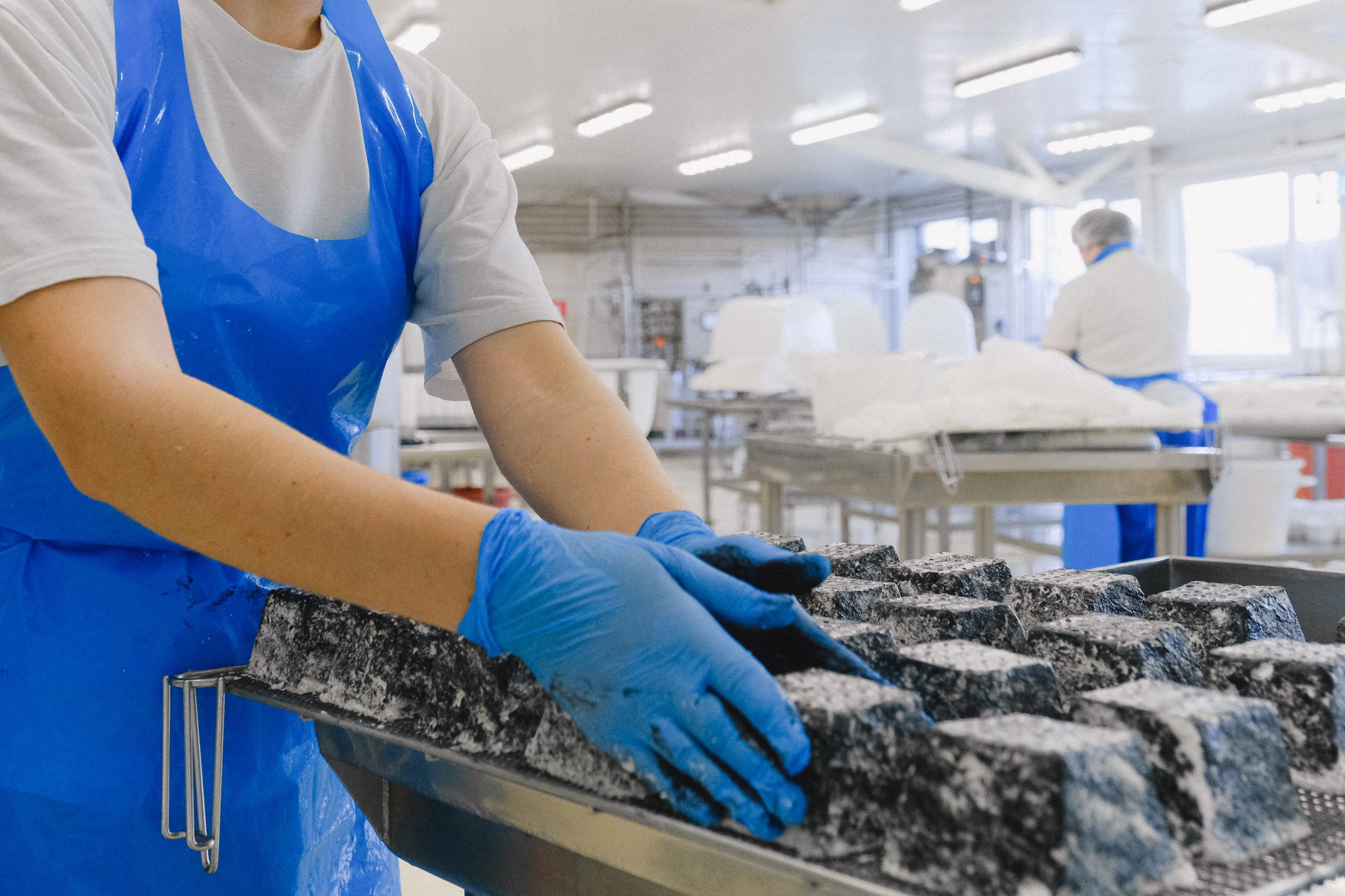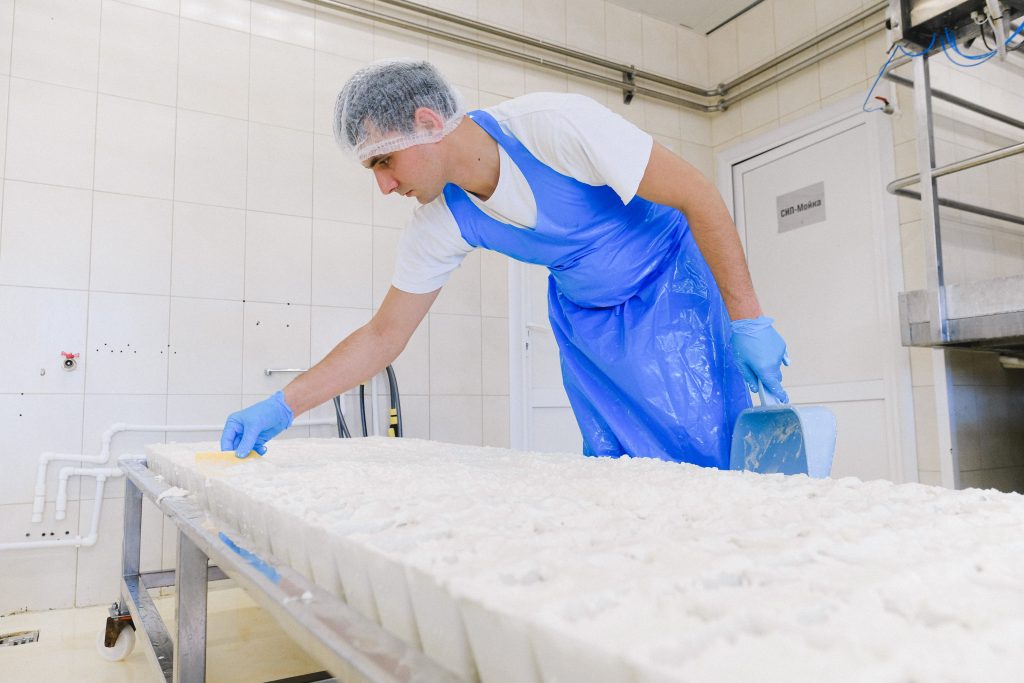- Keep up with industry trends so you can stand out from your competitors
- Embrace new technologies to optimize processes and increase productivity
- Invest in automation to reduce labor costs and improve accuracy
- Stay compliant with regulations to avoid fines and legal issues
- Build a talented team by offering competitive compensation, benefits, and training opportunities
With the demand for food products increasing daily, the food manufacturing industry has become more competitive, with new players entering the market every day. Success in this industry takes more than passion and skill; it requires staying current with the latest industry trends, adopting new technologies, and remaining customer-focused, committed, and driven.
This blog post will share tips and practical strategies to thrive in the food manufacturing industry. Whether you are just starting or have been in this business for a while, this guide will help you learn and apply some necessary skills to succeed in the industry.
Keep up with industry trends
One of the keys to success in the food manufacturing industry is staying up-to-date with the latest trends, from innovative packaging and new ingredients to functional foods. To stay ahead of the curve, subscribe to industry publications, attend conferences and tradeshows, and network with industry leaders.
You can also collaborate with other manufacturers or suppliers to diversify your product lines and expand your business. Knowing the latest industry trends can help you stand out, identify new opportunities, and grow your business.
Embrace new technologies
Technology has revolutionized the food manufacturing industry by streamlining operations, reducing costs, and improving efficiency. From automation to artificial intelligence, embracing new technologies can help you optimize your processes, increase productivity, and reduce errors.
You can adopt software systems to track inventory, automate labeling and printing, and integrate your supply chain. You can also use sensors and other monitoring devices to improve food safety and quality and reduce waste. By leveraging the power of modern technology, you can stay competitive and achieve your business goals.
Invest in automation

It’s vital to remain innovative and streamline your operations to stay ahead. Introducing automation into your production process is an effective way to achieve these goals.
Most manufacturers use machines that help them produce and package their products. These machines use industrial electric actuators, which provide precise and repeatable movement for accurate product assembly and packaging. Investing in automation can help you reduce labor costs, increase production speeds, and improve accuracy.
Stay compliant with regulations
Food manufacturing is highly regulated; staying compliant with these regulations is critical. Your products must meet all the FDA and other regulatory agencies’ safety standards and labeling requirements.
Ensure you have all the necessary licenses and certifications, and regularly update your labeling and packaging to reflect any changes in regulations. Failure to comply with these regulations can lead to expensive fines, legal issues, and damage to your reputation.
Build a talented team
The quality of your ingredients and products, the efficiency of your operations, and your reputation within the industry are all directly influenced by the talent on your team. But finding the right people can be a challenge, particularly for niche areas of food manufacturing. How can you attract and retain top talent? Here are four tips
Start with a straightforward job posting and hiring process
Whether you are looking for a senior-level production manager or a skilled line worker, you need to be clear about what you are looking for in a candidate. Your job posting should include a detailed description of the responsibilities and qualifications of the job, as well as your company culture and benefits.
Build a strong company culture
 x
x
People who work in food manufacturing are often passionate about what they do and want to be part of a company that shares that passion. Creating a strong company culture can help you attract and retain top talent.
Offer competitive compensation and benefits
In addition to a strong company culture, offering competitive compensation and benefits is essential for attracting and retaining top talent. This includes health insurance, retirement plans, paid time off, and bonuses.
Invest in training and development
Finally, attracting and retaining top talent in food manufacturing also means investing in their training and development. This could include on-the-job training, continuing education opportunities, and mentoring programs.
Final thoughts
Succeeding in the food manufacturing industry requires more than just producing high-quality products. You must stay current with industry trends, embrace technology, prioritize customer satisfaction, comply with regulations, and build a talented team.
Following these tips, you can differentiate your business, maintain a competitive edge, and achieve your business goals. Remember, success in the food manufacturing industry is a journey, and with the right strategies, commitment, and dedication, you can thrive.
